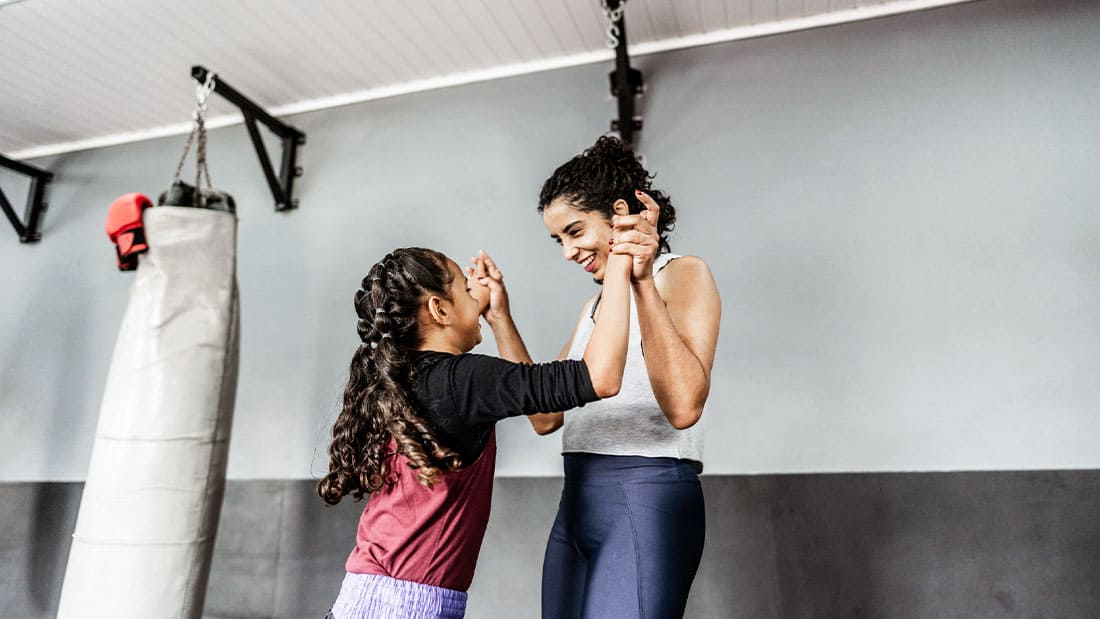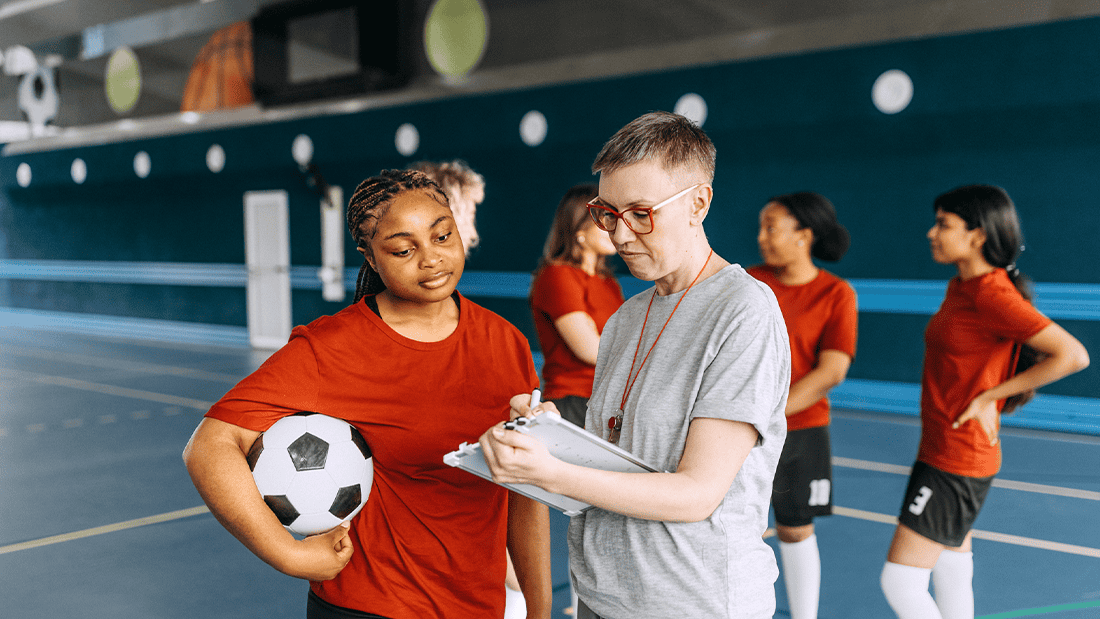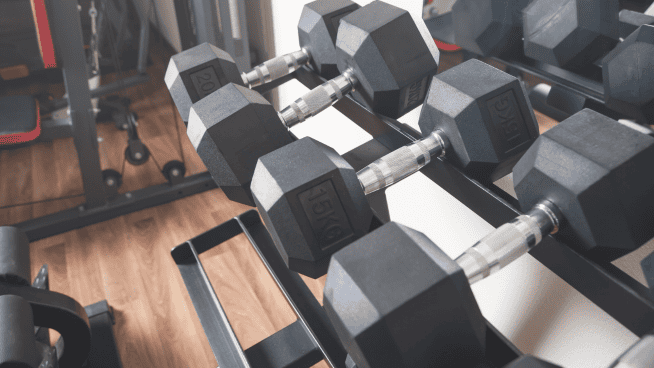For many men and women of all ages, a daily or weekly workout routine is one of the few escapes from everyday life, not to mention an opportunity for some alone time (for introverts) or socialization at the gym (or extroverts.) Yet many workout enthusiast, pros and amateurs alike, are ignorant when it comes to how age affects recovery.
So how exactly does one’s age impact their recovery period? Are older workout enthusiasts hopelessly doomed by the sands of time? As luck would have it, people of any age can still enjoy a healthy, structured workout routine—they just shouldn’t expect to bounce back instantly if they’ve reached a certain age.
Taking some time for recovery
Every athlete, regardless of age, needs to take some time off for recovery every now and then. For older athletes, particularly those who are well past their 40s, this recovery period may be longer than they remember from when they were young. Yet those who maintain a healthy diet and a safe workout routine can expect to bounce back with little troubles, provided they’re exercising on a consistent basis.
For experienced, in-shape athletes, age has often been found to have little impact on recovery times. This isn’t true for every fitness endeavor, however. Runners who have been honing their cardio craft for decades will find that age doesn’t necessarily slow the recovery process too much, but heavy weightlifters who have seen the years go by may be in a different boat.
Pain from muscle fatigue, for instance, is often felt for a longer period when the athlete in question has reached their 40s. No one can push back the sands of time, and older athletes will inevitably struggle at a higher level during their recoveries than they did when they were younger.
Nonetheless, the same study that confirmed older athletes feel muscle fatigue for longer periods also determined that consistent exercise helps maintain performance levels and overall health, so keep at it. Make sure to avoid injury and get adequate insurance and be aware of your legal rights when it comes to injury claims. Our bodies, the muscles that move them, and the hormones and chemicals that power them inevitably change with time, but a determined human heart has many decades of exercising in it before it will give out.
Don’t be fooled by appearances
Athletes who hope to stay in shape well into retirement shouldn’t let themselves be fooled by appearances; fully grown adults and seniors regularly show the resilience and strength of the human body and mind. Consider Chris Horner, who won a cycling Grand Tour in 2013 at the age of 42. While Horner is but one of many examples, his physical vigor shows that age alone isn’t always enough to put a good athlete down for good.
Similarly, older women shouldn’t fear that their beloved days of exercise are behind them, either. You don’t have to be a young, muscle-clad man to be healthy or successful in your athletic endeavors; six women have even gone so far in their athletic careers as to claim Olympic medals after the age of 50! If Laura Johnstone can hop astride a horse at the age of 70 to participate in equestrian riding at the Olympic level, any determined adult with healthy habits and mental fortitude can succeed in restarting their running or weightlifting routine.
Plenty of other athletes haven’t let themselves be deterred by age. When you’re feeling disheartened, a quick glance at that list can go a long way in terms of motivating you to get active. Wise athletes know they can’t always rely on spirit alone, however; so what are some practical, scientific ways to ensure you keep kicking for the foreseeable future?
To start with, an incredibly protein-rich diet has been shown to be much more beneficial to older athletes and exercisers than traditional diets. Older athletes can’t quite expect the same levels of energy or spryness that they enjoyed in their youth, but smart habits like eating nutrient-packed foods and avoiding age-old hazards like smoking can go a surprisingly long way.
It’s also important that older athletes don’t scare themselves into never taking a recovery day, for fear of “never getting back up” once they sit down. For aged weightlifters in particular, it’s vital to take some time off after some heavy muscle workouts to give your body time to reenergize itself. Alternating workouts, such as doing lower body workouts one day and upper body workouts the next, can also go a long way in maintaining your body’s athletic prowess for years to come.
Staying strong and spirited well into your old-age is often a matter of maintenance. Putting in the right work, eating the right foods, and knowing when to take a break can go a long way toward keeping you in tip-top shape for the rest of your life.
READ MORE:
[cf]skyword_tracking_tag[/cf]RECOMMENDED FOR YOU
MOST POPULAR
For many men and women of all ages, a daily or weekly workout routine is one of the few escapes from everyday life, not to mention an opportunity for some alone time (for introverts) or socialization at the gym (or extroverts.) Yet many workout enthusiast, pros and amateurs alike, are ignorant when it comes to how age affects recovery.
So how exactly does one’s age impact their recovery period? Are older workout enthusiasts hopelessly doomed by the sands of time? As luck would have it, people of any age can still enjoy a healthy, structured workout routine—they just shouldn’t expect to bounce back instantly if they’ve reached a certain age.
Taking some time for recovery
Every athlete, regardless of age, needs to take some time off for recovery every now and then. For older athletes, particularly those who are well past their 40s, this recovery period may be longer than they remember from when they were young. Yet those who maintain a healthy diet and a safe workout routine can expect to bounce back with little troubles, provided they’re exercising on a consistent basis.
For experienced, in-shape athletes, age has often been found to have little impact on recovery times. This isn’t true for every fitness endeavor, however. Runners who have been honing their cardio craft for decades will find that age doesn’t necessarily slow the recovery process too much, but heavy weightlifters who have seen the years go by may be in a different boat.
Pain from muscle fatigue, for instance, is often felt for a longer period when the athlete in question has reached their 40s. No one can push back the sands of time, and older athletes will inevitably struggle at a higher level during their recoveries than they did when they were younger.
Nonetheless, the same study that confirmed older athletes feel muscle fatigue for longer periods also determined that consistent exercise helps maintain performance levels and overall health, so keep at it. Make sure to avoid injury and get adequate insurance and be aware of your legal rights when it comes to injury claims. Our bodies, the muscles that move them, and the hormones and chemicals that power them inevitably change with time, but a determined human heart has many decades of exercising in it before it will give out.
Don’t be fooled by appearances
Athletes who hope to stay in shape well into retirement shouldn’t let themselves be fooled by appearances; fully grown adults and seniors regularly show the resilience and strength of the human body and mind. Consider Chris Horner, who won a cycling Grand Tour in 2013 at the age of 42. While Horner is but one of many examples, his physical vigor shows that age alone isn’t always enough to put a good athlete down for good.
Similarly, older women shouldn’t fear that their beloved days of exercise are behind them, either. You don’t have to be a young, muscle-clad man to be healthy or successful in your athletic endeavors; six women have even gone so far in their athletic careers as to claim Olympic medals after the age of 50! If Laura Johnstone can hop astride a horse at the age of 70 to participate in equestrian riding at the Olympic level, any determined adult with healthy habits and mental fortitude can succeed in restarting their running or weightlifting routine.
Plenty of other athletes haven’t let themselves be deterred by age. When you’re feeling disheartened, a quick glance at that list can go a long way in terms of motivating you to get active. Wise athletes know they can’t always rely on spirit alone, however; so what are some practical, scientific ways to ensure you keep kicking for the foreseeable future?
To start with, an incredibly protein-rich diet has been shown to be much more beneficial to older athletes and exercisers than traditional diets. Older athletes can’t quite expect the same levels of energy or spryness that they enjoyed in their youth, but smart habits like eating nutrient-packed foods and avoiding age-old hazards like smoking can go a surprisingly long way.
It’s also important that older athletes don’t scare themselves into never taking a recovery day, for fear of “never getting back up” once they sit down. For aged weightlifters in particular, it’s vital to take some time off after some heavy muscle workouts to give your body time to reenergize itself. Alternating workouts, such as doing lower body workouts one day and upper body workouts the next, can also go a long way in maintaining your body’s athletic prowess for years to come.
Staying strong and spirited well into your old-age is often a matter of maintenance. Putting in the right work, eating the right foods, and knowing when to take a break can go a long way toward keeping you in tip-top shape for the rest of your life.
READ MORE:
[cf]skyword_tracking_tag[/cf]












